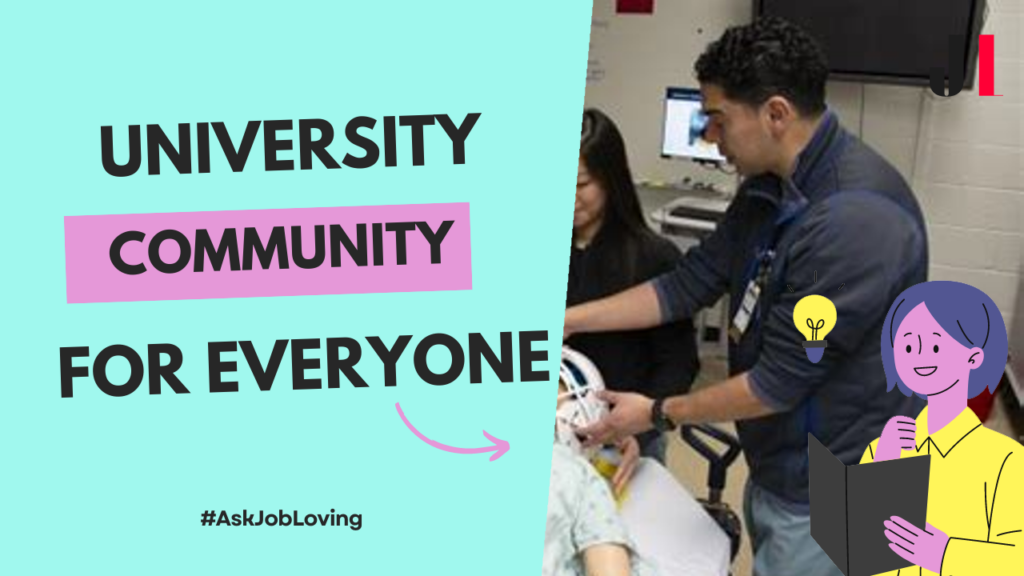What is Trauma University of Michigan?
When people refer to trauma at the University of Michigan, they often touch on various aspects including psychological impacts, mental health support, and the broader discussions surrounding trauma-informed care. This university not only offers insightful educational programs focused on trauma but also emphasizes advocacy and research in the field of post-traumatic stress disorder (PTSD). Given the backdrop of events like the recent Michigan State shooting, the conversation around trauma continues to evolve within the university community.
The University of Michigan has taken significant steps to address trauma through numerous academic programs, which include a focus on mental health, clinical psychology, and social work. Programs like the Integrated Trauma Training Program offered by institutions such as the Institute for Contemporary Psychotherapy provide a structured approach for professionals looking to better understand and tackle the complexities of trauma in various settings.
Moreover, discussions about trauma aren’t isolated to clinical practices; they also extend into community engagement. The university actively fosters connections with surrounding areas, particularly in Southeast Michigan and Detroit. This outreach plays a key role in educating and supporting communities that may have been affected by violence or other forms of trauma.
The Impact of Trauma in Campus Life
Understanding trauma within the context of campus life is crucial. Students often share their experiences and challenges related to being part of a highly competitive environment at UMich. While many thrive academically, the pressure can sometimes exacerbate feelings of stress or anxiety which are often linked to past traumas. The community is continually navigating how to maintain mental wellness against such a backdrop.
It’s essential for universities like Michigan to not only provide mental health resources but also create inclusive environments that cater to all students—especially those from diverse or marginalized backgrounds. Discussions within platforms like the University of Michigan subreddit illustrate these nuances and highlight common concerns among students about safety and support.
Conclusion: Emphasizing Support and Resources
As we unpack what trauma means within the University of Michigan context, it becomes evident that education, outreach, and resource availability make a significant impact on student well-being. The university’s commitment to addressing these issues reflects broader societal concerns over trauma and recovery.
If you have any further questions or need assistance regarding what is trauma at the University of Michigan or similar topics, feel free to connect with us at the JobLoving community—where we foster discussions on education, mental health, and everything in between!

